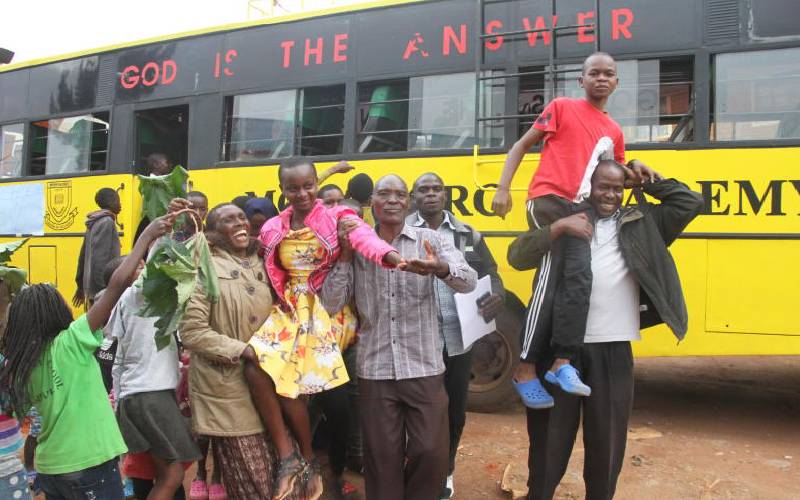×
The Standard e-Paper
Fearless, Trusted News

This year’s Kenya Certificate of Primary Education (KCPE) examinations recorded a drop in the number of candidates who scored 401 marks and above.
According to the results announced yesterday by Education Cabinet Secretary George Magoha, the number of candidates fell from 11,559 last year to 9,770.